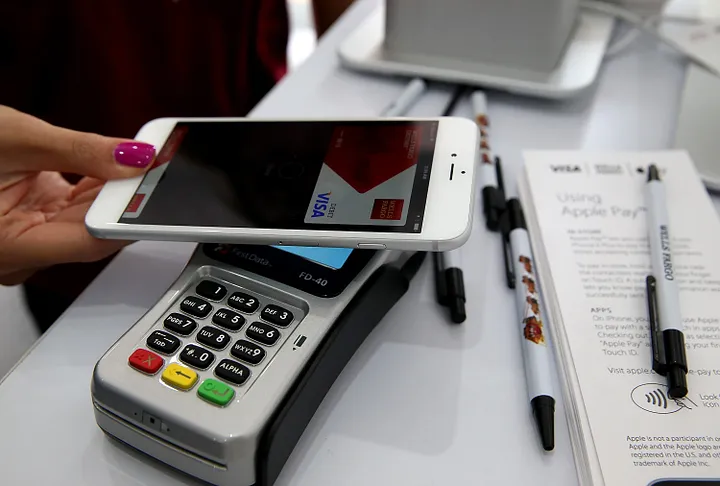The push towards a cashless society has been a hot topic in recent years, with many experts and commentators offering their opinions on the benefits and drawbacks of such a shift. However, with the increasing amount of information and misinformation out there, it can be difficult to separate fact from fiction. This article will delve into the conspiracy theories surrounding the cashless society, and examine the evidence to determine whether these claims hold any water.
One of the most common conspiracy theories about the cashless society is that it is a plot by governments and large corporations to increase their control over the population. Proponents of this theory argue that the removal of cash will enable these entities to track and monitor every transaction, allowing them to gain a complete picture of an individual’s financial situation and behavior. Some also claim that this increased control will lead to greater restrictions on freedom, and will make it easier for the government to impose taxes, fines, and other penalties.
Despite these claims, there is little evidence to suggest that the push towards a cashless society is motivated by a desire to increase government control. In fact, the primary drivers behind this shift are technological advancements and the need for greater efficiency in financial transactions. The use of digital currencies and mobile payment systems has become increasingly popular, and many businesses have adopted these technologies to streamline their operations and reduce the cost of handling cash. Governments, too, have been incentivized to promote digital currencies as a way to reduce the cost of printing and circulating cash, as well as to reduce the risk of fraud and counterfeiting.
Another common conspiracy theory is that the cashless society will result in the exclusion of certain segments of the population, such as the elderly, low-income individuals, and those without access to technology. Proponents of this theory argue that these groups will be left behind, unable to participate in the economy and access basic financial services. However, this argument is based on a misunderstanding of how digital currencies and mobile payment systems work. While it is true that these technologies may require access to a smartphone or computer, there are many initiatives underway to ensure that all individuals, regardless of income or age, have access to these tools. For example, many governments and non-profit organizations are working to provide low-cost smartphones and internet access to underprivileged communities, and to educate individuals on how to use these technologies.
Finally, some argue that the cashless society will lead to increased cyber attacks and data breaches, putting the privacy and security of individuals at risk. While it is true that digital currencies and mobile payment systems are vulnerable to cyber attacks, this argument is based on a false equivalency between these technologies and traditional cash. In fact, digital currencies and mobile payment systems are often more secure than cash, as they employ advanced encryption and security measures to protect users’ financial information. Furthermore, these technologies are subject to regulations and oversight, which can help to mitigate the risk of cybercrime and protect users’ data.
In conclusion, the conspiracy theories surrounding the cashless society are largely unfounded and based on a misunderstanding of the motivations and benefits of this shift. While it is true that there are risks associated with digital currencies and mobile payment systems, these are outweighed by the many benefits, including increased efficiency, reduced costs, and greater access to financial services. As we move towards a more connected and technology-driven world, it is important to remain vigilant and informed about the issues and challenges facing the financial industry. By doing so, we can ensure that the benefits of the cashless society are realized, while minimizing its potential risks.












